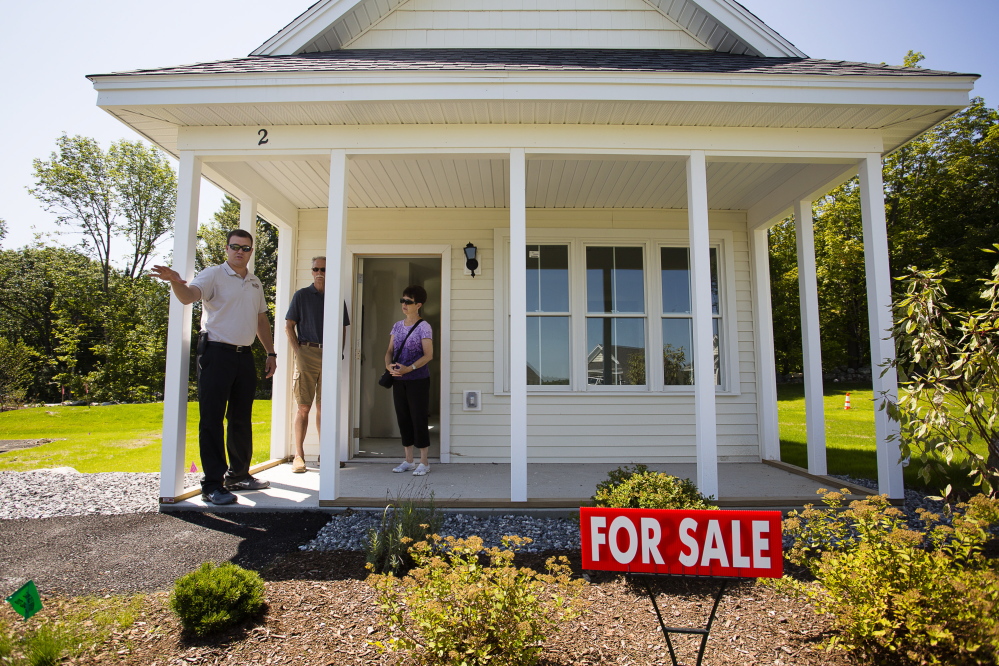We know that Maine’s senior population is growing. We also know that Maine seniors need affordable places to live. More than 9,000 older Mainers are on a waiting list for subsidized housing right now, and many more are expected to join them in the coming years.
Some progress has been made toward this goal: Legislators in June approved a $15 million senior housing bond. Now a western Maine builder is planning a development of energy-efficient, affordable small homes for seniors. To make such projects accessible to as many older Mainers as possible, private-sector thinking about environmentally friendly senior housing should be accompanied by innovative public-sector policymaking on senior transportation.
The Cottages at Willett Brook, a planned 60-house development in Bridgton, is the product of discussions between developer Justin McIver and those in their retirement years, McIver recently told the Press Herald. He found that environmentally conscious people age 55 and older want affordable housing that lines up with their ideals — but there’s not a lot of it around.
The roughly 600-square-foot model home starts at about $130,000, and a home measuring around 900 square feet goes for $165,000. Though optional rooftop solar panels will add to the cost of the homes, they’ll also keep heating, cooling and power bills down around $400 a year.
The small houses in The Cottages at Willett Brook are positioned to appeal to both the bargain-minded and the ecologically concerned. Indeed, the project seems to have struck a chord: McIver says two of the first eight homes in the development are occupied, and interest has been expressed in the other six under construction.
The Cottages at Willett Brook is in an appealing location, between Portland and the White Mountains. It’s also about a mile from the nearest supermarket and half a mile from a hospital. This is a lot less spread out than other Maine locales, making it workable for seniors who want to drive fewer miles to get where they need to go.
What’s missing from this picture, both in Bridgton and statewide? Transportation choices for older people who don’t drive at all. For example, walking a mile home from the supermarket with a week’s worth of groceries is difficult in good weather, let alone in the ice and snow.
Here’s where government could play a role. Maine spent just $530,000 on public transit in fiscal 2012 — equally rural Vermont spent more than $6 million.
As the state looks at the impact of its aging population, legislative and community leaders have discussed how to make it easier for seniors to get around.
Interesting ideas already have been presented: leveraging all available federal funds and helping providers such as the Regional Transportation Program (which serves Bridgton) work with each other as a system. Set to continue at next month’s Maine Summit on Aging, we hope the discussions will lead to action as well.
Green housing for graying people could be the wave of the future, but developers can’t do all the heavy lifting — policymakers need to get involved, too.
Send questions/comments to the editors.


